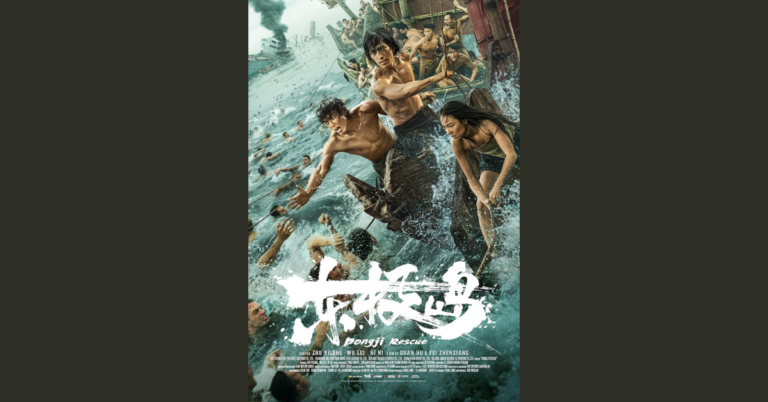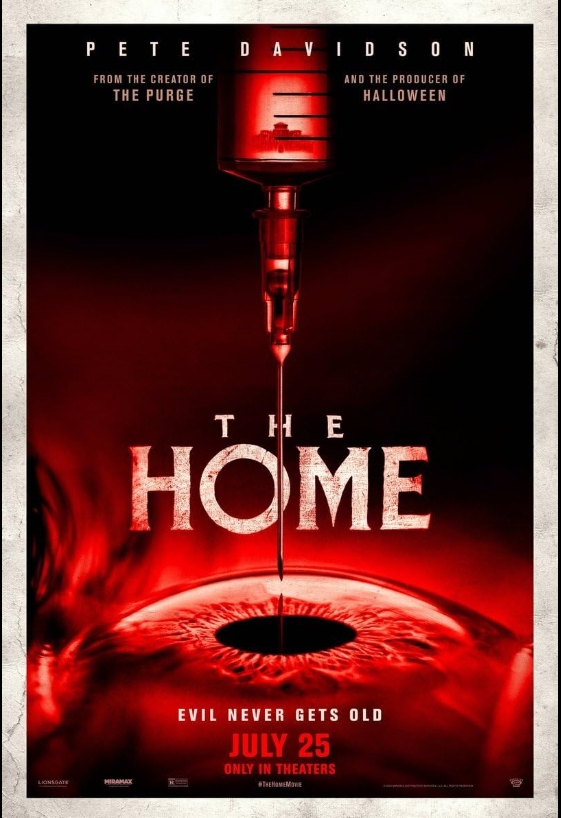Death on the Nile Christian Review

Death on the Nile isn’t just another murder mystery dressed up in vintage glamor. It’s a film that lingers on the edges of human frailty, drawing out emotions and moral dilemmas in ways both profound and entertaining. Kenneth Branagh’s take on Agatha Christie’s classic isn’t afraid to tamper with the source material—modernizing here, deepening characters there—but does it work? Well, let’s wander down this winding cinematic river and find out.
Not Your Grandma’s Poirot
Poirot, that fastidious, mustachioed Belgian detective, isn’t just solving crimes this time. No, he’s dragging around emotional baggage—and I mean heavy, luggage-set-for-a-two-month-cruise baggage. In this version, we meet a man haunted by loss, grappling with questions of justice and purpose. The film cracks open Poirot’s typically stoic persona, giving us glimpses of a heart beneath all that intellectual rigor.
Some fans might bristle at this more vulnerable Poirot, but there’s something fascinating about watching Branagh turn the character into someone relatable. It’s like meeting an old friend who surprises you with a depth you never suspected they had.
Themes That Hit Close to Home
At its core, this is a story about the nastier sides of human nature—jealousy, greed, betrayal, revenge. These aren’t just abstract sins; they’re wounds we see festering in every character. And let’s be honest, haven’t we all been there in some small way? Holding a grudge? Wanting something—or someone—we couldn’t have?
The film doesn’t shove these ideas in your face, but they’re there, weaving through every sly glance and clipped line of dialogue. It’s messy, it’s human, and it feels surprisingly real for a tale set in such an over-the-top world.
A Visual Feast, but Not Just for the Eyes
The scenery is jaw-dropping—golden sunsets over the Nile, the grandeur of ancient temples, the glimmer of decadent 1930s fashion. But it’s not all about looking pretty. The visuals are rich with symbolism, from the suffocating opulence of the cruise ship to the barren, unyielding landscapes of Egypt.
It’s as if the settings themselves are whispering: You can run from your problems, but you can’t hide. Every corner feels like it’s holding a secret, waiting for the right moment to reveal itself.
A Mixed Bag of Characters
Let’s talk about the ensemble cast. There’s plenty of intrigue to go around, but not everyone gets their fair share of the spotlight. Some characters feel like afterthoughts—background players in a story that could have benefited from their full potential.
But the standouts? They shine. Gal Gadot brings a mix of charm and vulnerability to her role as the wealthy, doomed Linnet Ridgeway, while Emma Mackey’s performance simmers with barely restrained emotion. Then there’s Poirot himself, with Branagh balancing his theatrical flourishes with a palpable sense of melancholy.
Faithful Enough, but Different Enough
Die-hard Christie fans, take a deep breath. This adaptation doesn’t stick religiously to the original novel. There are tweaks to the plot and characters, some of which serve to update the story for a modern audience.
The inclusion of more diverse characters, for instance, feels like a deliberate choice—not just to check a box, but to engage with ideas of privilege and power that still resonate today. It’s a tricky balance, and while not every change lands perfectly, the effort is worth noting.
Morality in Murky Waters
From a Christian perspective, the film opens up interesting questions about justice and the consequences of sin. It doesn’t shy away from showing the ripple effects of selfishness and deceit, but it also doesn’t paint the world in black and white.
Poirot’s relentless pursuit of truth is admirable, yes, but it’s also tinged with sadness. The film suggests that even justice comes at a cost. It’s a reminder of the complexity of human nature—a complexity that can’t always be neatly resolved, even by the sharpest detective.
Casting Shadows and Controversies
Now, let’s address the elephant—or rather, the entire herd of elephants—in the room. The cast includes some polarizing figures, and it’s hard to completely separate the film from the off-screen drama. Whether it’s Armie Hammer’s troubling headlines or general concerns about charisma (or lack thereof) among certain actors, these issues might make it hard for some viewers to fully immerse themselves.
That said, the film manages to hold its ground. Branagh’s Poirot becomes the anchor, guiding us through the turbulence with his unwavering focus.
The Mystery at the Heart of It All
Is Death on the Nile a great mystery? Yes and no. The plot twists are clever, sure, but seasoned Christie fans will see them coming a mile away. The real intrigue lies in the emotional undercurrents—the motives, the relationships, the lies people tell themselves as much as they tell others.
And Poirot’s resolution of the case? It’s satisfying, but not because it’s surprising. It works because it feels earned, because the film takes its time building up to it.
For American Audiences, a Note on Nuance
There’s something distinctly British about this film, from its restrained tone to its dry wit. But Branagh seems aware of his global audience, sprinkling in enough universal themes to keep everyone engaged. Love, betrayal, justice—these aren’t uniquely British concerns, after all.
The pacing might feel slow to some, especially in the age of fast-moving blockbusters, but if you lean into the rhythm, there’s a lot to savor.
A Reflection Worth Sitting With
Death on the Nile isn’t just a whodunit—it’s a “why-do-they-do-it.” It’s a film that asks us to think about what drives people to act as they do, and how even the smallest choices can have far-reaching consequences.
For Christian viewers, it’s a reminder of the brokenness of humanity and the importance of seeking not just justice, but redemption. Poirot’s journey isn’t just about solving a crime; it’s about grappling with his own pain and finding a way to move forward.
Final Thoughts (and a Score)
At the end of the day, this is a film that’s as much about its characters as it is about its plot. It’s messy, emotional, and sometimes a bit uneven, but it’s also compelling and deeply human.
For the mystery buffs, it’s a treat. For the faith-minded, it’s a story rich with moral and ethical layers to unpack. And for anyone who’s ever struggled with loss or the weight of their own choices, it’s a film that might just strike a chord.
Rating: 8/10. Because while it’s not perfect, it’s a beautifully crafted reminder of why stories like these endure.






